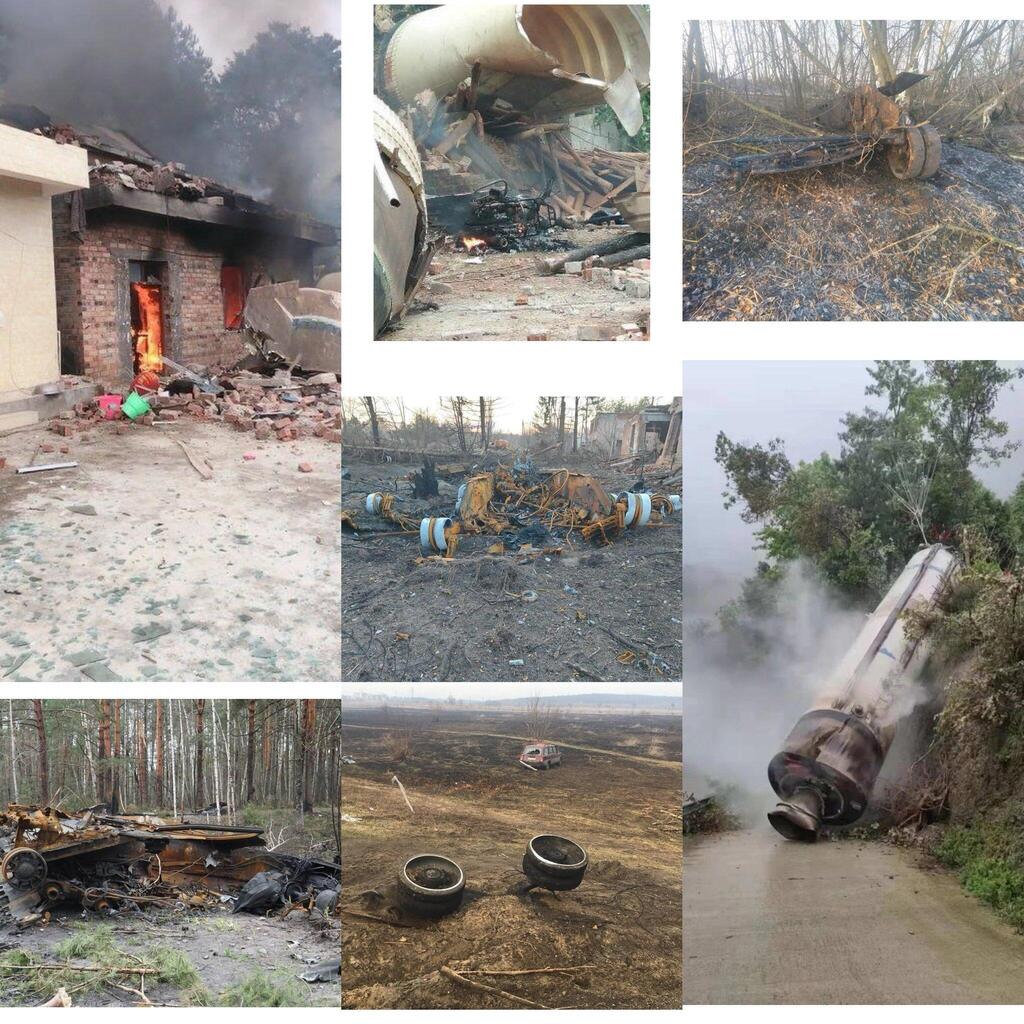Getting your Trinity Audio player ready...
Video footage captured the moment a suspected Chinese rocket booster plummeted onto a wooded hillside near a residential area and major thoroughfare in a village, suspected to be in Guiding County, Guizhou province, sending villagers running and leaving a trail of bright yellow smoke.
The Long March 2C rocket, launched from the Xichang Satellite Launch Center in Sichuan, carried the Space Variable Objects Monitor (SVOM) satellite, developed by Chinese and French researchers, to study gamma-ray bursts.
The SVOM satellite is a joint mission between the Chinese National Space Administration (CNSA) and the French National Center for Space Research (CNES) to study gamma-ray bursts in space.
The rocket launch was declared a "complete success" by the China Aerospace Science and Technology Corporation, but the booster's debris caused damage, including flames inside structures, scattered debris, and an obstructed road.
The Long March rocket uses nitrogen tetroxide and UDMH propellant, which are toxic and harmful to the environment, and the debris is also toxic and carcinogenic, posing health risks to living beings.
Local authorities issued warnings about potential falling debris in several areas, and witnesses heard a loud explosion after the debris crashed into the ground, but no injuries were reported.
Witnesses reported hearing loud explosions and a pungent smell after the debris fell, and authorities warned residents to stay away due to the toxic and carcinogenic nature of the rocket propellant.
This is not the first time Chinese rocket debris has caused damage. Previous incidents involved Long March 3B and Long March 5B boosters crashing in villages and debris landing in Côte d'Ivoire.
China's inland launch sites often lead to rocket debris falling in populated areas, unlike Western agencies launching rockets towards the ocean, causing damage and injuries in local communities, and drawing criticism from the international space community for its handling of rocket boosters and debris reentry.
NASA Administrator Bill Nelson criticized China for not sharing rocket trajectory information, emphasizing the importance of information sharing, while China's Foreign Ministry did not respond to requests for comment.
As China expands its space program, experts warn of environmental and health risks from toxic propellants in Chinese rockets, urging responsible handling of debris to prevent harm, and highlighting the need for safe disposal of rocket debris and reducing risks to populations as crucial priorities for the country's space agency.
Chinese leader Xi Jinping aims to establish China as a dominant space power, competing with major world powers.
Debris shedding from multi-staged rockets is a common occurrence, but China has faced criticism for its handling of rocket debris reentering Earth.
This article was written in collaboration with Generative AI news company Alchemiq
Sources: Newsweek, CNN, Westside People, Egypt Independent, Rocket News, Inkl, KION 546, and UNN.


